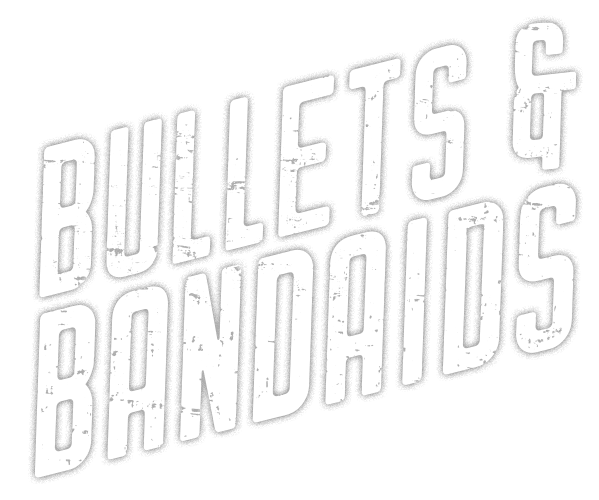
Veteran: Burl H Vick
Written: R. Chambers LeHeup
Artist: Robbie Amick
Medium: Oils
Show: Vol. 1
No one speaks the truth with such cruelty as Time. It holds our heads so that we cannot turn away from the inevitable nature of nature, struggle being its foundation, and war, man’s expression of it. Carl Jung once said “As far as we can discern, the sole purpose of human existence is to kindle a light in the darkness of mere being.” In trying to kindle this light, wars are fought and people are killed. The motivations of these wars are as varied as the colors of light, with man judging man based on his own struggle. This is the story of the struggle of a man named Burl H. Vick.
The war had started in June of 1950, bringing first blood to the stage of the Cold War. Korea had been stripped from Japan and split like spurned lovers down the 38th parallel, separating the north (Russia) from the south (America) and ushering in a new form of warfare. Burl had been in middle school when the Second Great War had ended.
Because of the lack of media coverage of war at the time and the cultural feeling of unity through victory, the noble burden of duty to war had found purchase in Burl’s young soul.
At age 19, and being of strong mind and body, he began as a mechanic on jet airplanes with the Navy/Air Force fire squadron on the USS Philippine Sea, an aircraft carrier that has now been decommissioned and broken down. (Age? 19 When did he join? Feb 14th 1951) His test scores, coupled with his demonstrative talent, brought him into naval air intelligence school, where he began studying aerial photographs and plotting bomb lines and troop movements. The gravity of this can be difficult to portray, but Burl’s story does it justice.
In July of 1953, orders came down that several specific hills, paramount in maintaining and spreading a foothold for US troops, needed to be taken and that Burl should set up the bomb lines for the close air support. This wasn’t Burl’s first mission, but it’s one of his most memorable. It’s been said that war is hell, but the facets of that statement are many. There were already American troops on those hills, clawing and scratching inches at a time towards the hilltops.
Burl did what any respectable warrior would do. He plotted the points for the close air support. He willfully played a part in a horrible battle necessity: the sacrifice of the few for the greater good. 1000 men from each side died that day for the equivalent of a few dozen football fields.
The forfeit of these men’s lives was an unspoken one, passed from the tired eyes of an officer down to tired eyes of his subordinate. The Peace, being War’s bastard brother, had no place here; no peace of mind, no peace in finality, save for the final peace of those sacrificed. Or so you would think.
But Burl has found it. The justification of his actions is not in doubt, this war being one with cold purpose, backed by the distant warmth of those cheering him on back home. He had done his job and protected that which his country demanded, his scars of battle more trophies than anything else. He fought his war with harsh nobility, biting through the mean necessity and driving on.
Normally this is where the author says “when the war ended,” but this isn’t the case with Korea. To this day it continues, with guards tense and wary just outside the demilitarized zone and skirmishes sporadically rumbling like aftershocks throughout the 38th parallel. This war, still being fought, gives rise to a feeling of cathartic principle: That backing down means losing. This is why Burl, as well as an uncountable number of men, struggled and will struggle, though the motivations change.
These motivations differ as often as man does, the victors deciding how it’s written in history. We pick and scratch and claw for bits and pieces of land, or for honor, or for any other goals found noble, trying to glean some semblance of meaning in an otherwise meaningless universe. We wage war so that when time holds us accountable, we can look upon our works and say that they’re good. And we’ll find out, because no one speaks the truth with such cruelty as Time.
